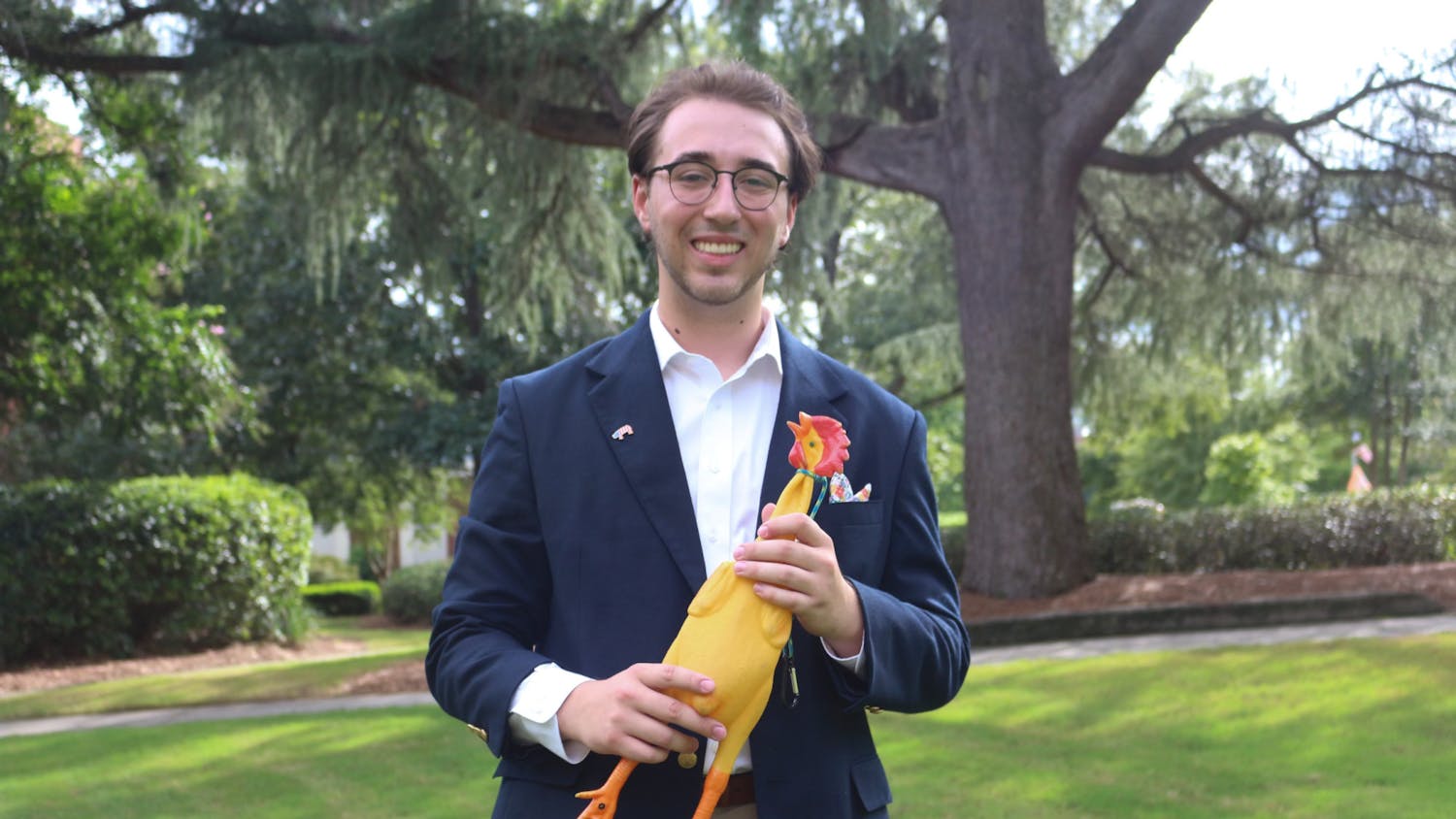Editor's Note: The following statement was written and overwhelmingly supported by the faculty of the College of Liberal Arts and Sciences at Mercer University. It was sent to the student body in an email and submitted to The Cluster as a Letter to the Editor June 23. The statement does not necessarily reflect the views of The Cluster, Mercer University or faculty members not within the College of Liberal Arts and Sciences.
The Mercer University CLAS Faculty Statement Condemning Racial Violence and Police Brutality and Affirming our Commitment to Diversity, Inclusion, and Anti-Racism
We, members of the Mercer University College of Liberal Arts and Sciences (CLAS) faculty, condemn, in the strongest terms, the continuing racial violence and police brutality against black, indigenous, and people of color (BIPOC) that is an all too frequent occurrence in our nation. The most recent, barbaric killing of George Floyd at the hands of the police is only the latest instance of racially institutionalized violence we as a nation collectively bore witness to – but which happens all too frequently – uncaptured by a camera’s lens. The murders of Mr. Floyd, of Ahmaud Arbery, of Philando Castile, of Atatiana Jefferson, of Breonna Taylor, and many others are injustices that simply cannot happen again. The CLAS faculty is in solidarity with our black and brown sisters, brothers, and nonbinary siblings and proclaims, unequivocally, that Black Lives Matter. Every person, in each of our unique capacities, must participate to bring these pervasive injustices to an end. We will be part of that effort.
We are a community of educators. What will be our legacy in the role we play in this new, national effort to combat systemic racism? As a faculty, we will work together to move forward as a community that is invested in equity, human rights, and anti-racist practice. We must strive and commit to be the leadership we want to see in the world. We have no other choice. We have a mandate – to move from anguish to understanding, and from understanding to change. Part of that starts with recognizing that our institution and our institutional commitments must also change. We will work to embed diversity, inclusivity, and anti-racist teaching in our classrooms; to ally with our students committed to and fighting for racial justice and against injustice in all forms; and importantly, to learn ourselves. It is a lifelong individual and communal process to continue to reflect, learn about, and enact anti-racism in our daily lives.
We, Mercer’s CLAS faculty, commit ourselves to transforming our institution and learning together how to oppose mendacity and disinformation in any guise and to rectify the ways that racism exists in our community. We recognize that the CLAS is composed of a largely white faculty and that white faculty members have an unmitigated responsibility in these endeavors. We commit to being in conversation with each other and our students about white privilege, microaggressions on campus, and racism, and to acknowledging and learning from the errors we have made and will undoubtedly make. We commit ourselves to self-examination – because, as Ibram X. Kendi stated, “being an antiracist requires persistent self-awareness, constant self-criticism, and regular self-examination” and because we believe James Baldwin when he penned, “If one cannot risk oneself, then one is incapable of giving.” To that end, we commit ourselves to reexamining our syllabi, our pedagogies, and our practices on campus and in the community so that we can be in the service of this change.
While our grief over the murder of Mr. Floyd and other black, brown, and indigenous people is visceral, it is not enough to say that we are collectively grieving. There are grievances to which we must listen with concern and empathy. Unequal access to housing, to medical care, to quality education, to accessible voting, to equal treatment by the police, and to representation in our cultural institutions are all grievances undergirded by systemic racism. We have a crucial role to play as educators to affirm and discuss with each other and our students these truths, and to envision and enact solutions. Our commitment must be oriented by and laced through with love. It must be a love, as Mr. Baldwin writes, that is rooted in “the tough and universal sense of quest and daring and growth.”





